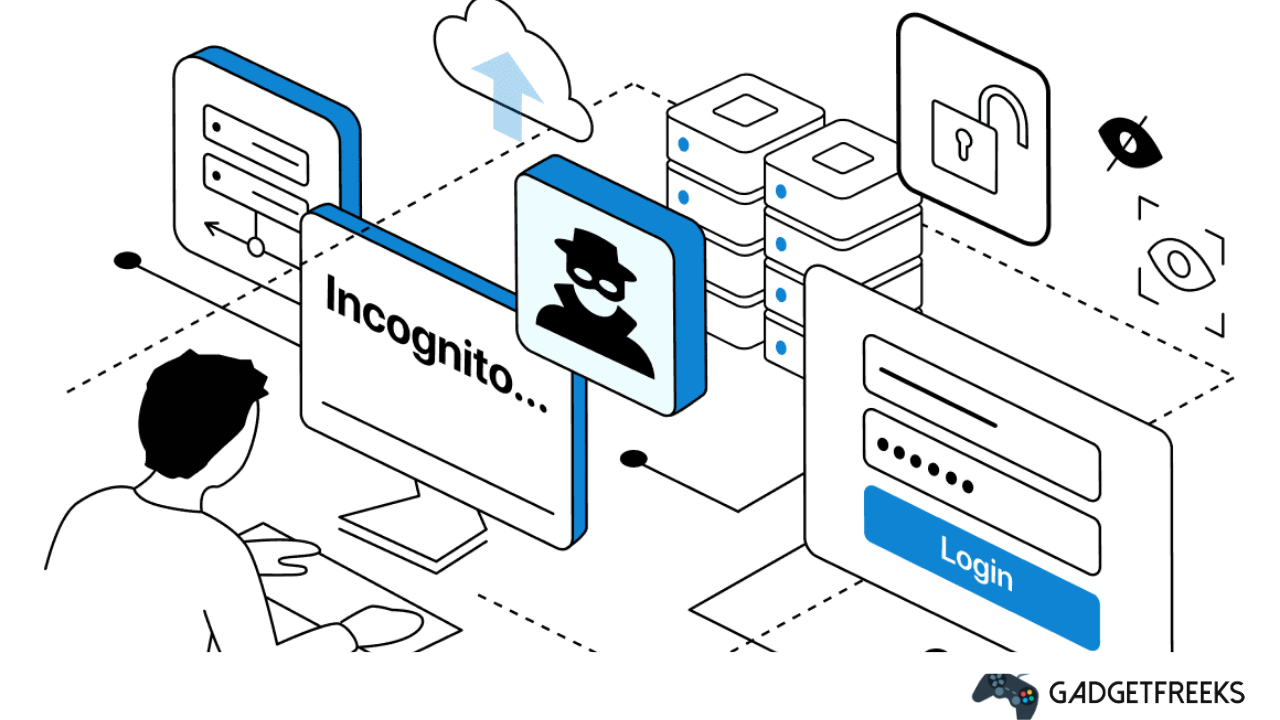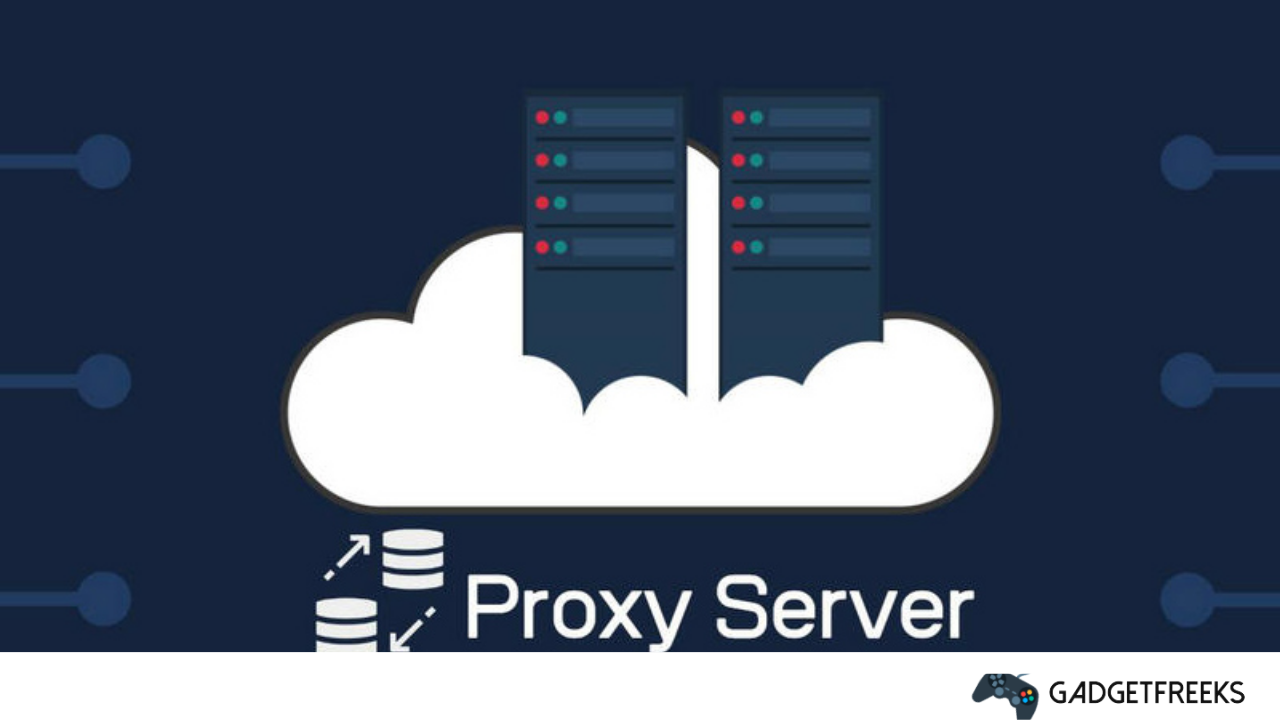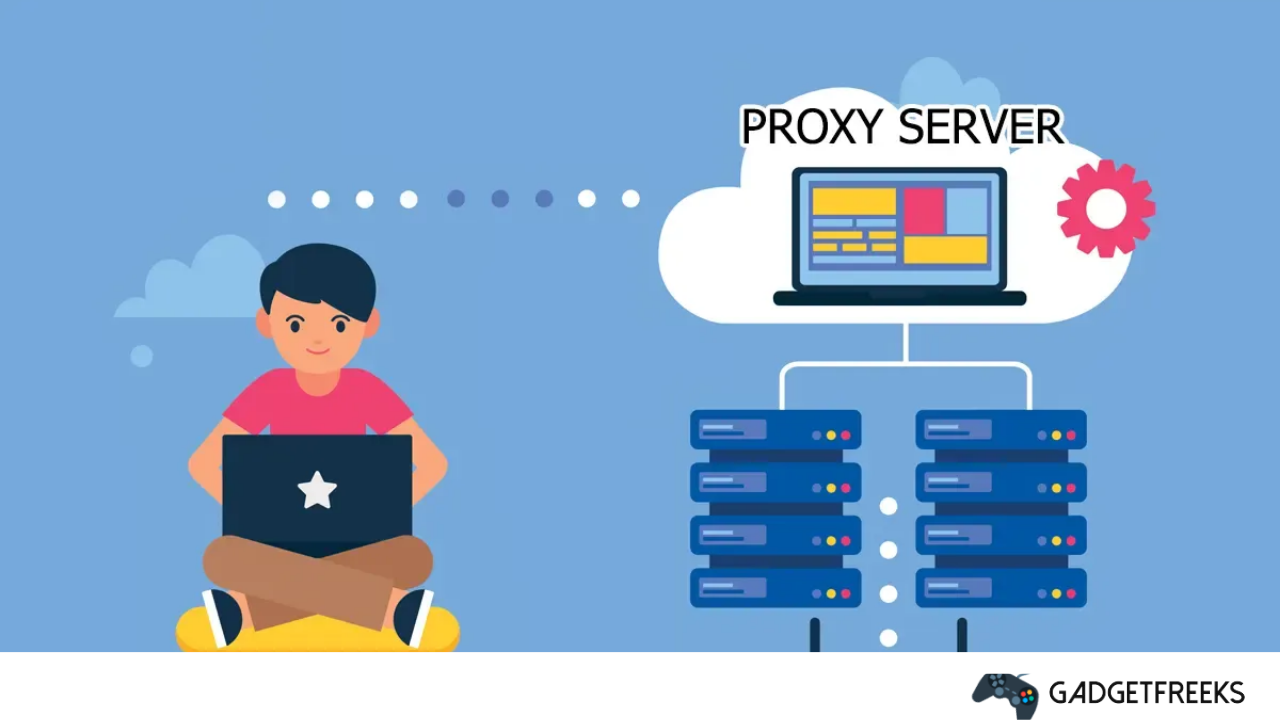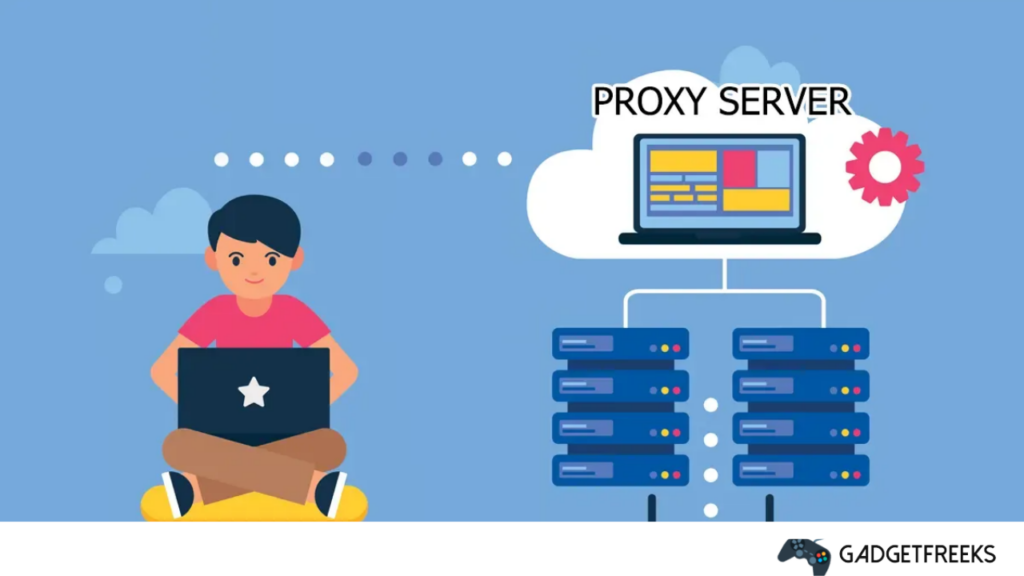Explore the roles of proxy servers and the tools they use to bridge the Internet and users. Learn how they safeguard user privacy and shield computer systems from potential attacks.
Understanding Proxy Servers
A proxy server serves as a middleman between the Internet and users, safeguarding against cyber attackers infiltrating a private network. It functions as an “intermediary” server, positioned between end-users and the web pages they browse online.
When a computer connects to the internet, it’s assigned an IP address, akin to a home address. This guides incoming data and provides a return address for outgoing data. A proxy server functions similarly, serving as another online computer with its own IP address.
Enhancing Network Security with Proxy Servers
Proxies boost your computer’s security by acting as web filters or firewalls, shielding it from online threats like malware. This added layer of protection becomes even more effective when integrated with a secure web gateway or email security solutions. It enables you to filter traffic based on safety levels and manage network or computer capacities more efficiently.

Proxies are handy tools for both personal and business use. Individuals employ them to obscure their location while streaming movies online. Meanwhile, companies utilize proxies for several essential tasks:
- Safeguarding employees’ online activities from surveillance
- Regulating access to websites for employees
- Balancing internet traffic to prevent crashes
- Enhancing security
- Optimizing bandwidth usage by caching files or compressing incoming data.
Proxy Functionality
A proxy server has its own IP address. It acts as a mediator between the internet and your computer. When you request something online, it goes through the proxy server. Then, the proxy server sends the request to the web server and returns the data to your computer’s browser, such as Safari or Chrome.
Getting a Proxy
There are hardware and software options. Hardware connects your network to the internet and manages data. Software proxies are hosted by a provider or in the cloud. You install an application on your computer to use them.
Software proxies may be free or paid. Free versions have fewer addresses and device coverage. Paid ones are better for businesses and can handle more devices.
Server Setup: How Is It Arranged?
To begin using a proxy server, you’ll need to configure it on your computer, device, or network. Each operating system has its own setup process, so make sure to follow the instructions for your specific system.
Typically, you can use an automatic configuration script for setup. However, if you prefer manual configuration, you’ll have the option to input the IP address and port.
Proxy: Safeguarding Computer Privacy and Data
A proxy server functions as both a filter and a firewall, shielding your data and privacy as selected by network administrators or users. It scrutinizes incoming and outgoing data, applying rules to conceal your digital identity. Hackers and malicious actors perceive only the proxy’s IP address, safeguarding your personal IP from direct exposure.
Consequently, applications, schedules, files, and your online activities remain inaccessible to unauthorized parties. When employed, web requests are channeled through the proxy, which retrieves desired content from the internet. Additionally, if the server offers encryption capabilities, passwords and personal data benefit from an added layer of security.

Proxy Server Benefits
- Control employee internet usage: Block distracting websites to keep employees focused on essential tasks.
- Anonymous browsing: Utilize proxies to shield against unwanted ads and maintain privacy online.
- Improved security: Establishes a protective barrier between your systems and the internet, deterring hackers from accessing your IP address.
- Access location-specific content: Use a proxy server with a foreign address to appear as if you’re in another country, gaining full access to its online content.
Web Proxies
A web proxy acts as a middleman between a target server and a client. It relays the client’s request to the server and sends back the server’s response to the client. Web proxies are useful for tasks like caching, filtering, and maintaining privacy.

How a Web Proxy Functions
A web proxy allows users to access blocked websites by routing their requests through its IP address.
The Role of a Web Proxy
Web proxies serve various purposes. They’re often used to access blocked websites and bypass location-based restrictions or censorship. By concealing your IP address, they enable access to restricted content.
Moreover, they enhance security and privacy by shielding your identity from websites and filtering out harmful content. Additionally, they expedite access to frequently visited content through caching, thus reducing server load. In summary, web proxies offer enhanced security, privacy, and access to restricted content.
Can I use this web proxy for free?
Absolutely! Our web proxy is completely free of charge and works with popular sites like YouTube, Twitter, and Google. Simply enter the URL you want to access and click “browse”.

